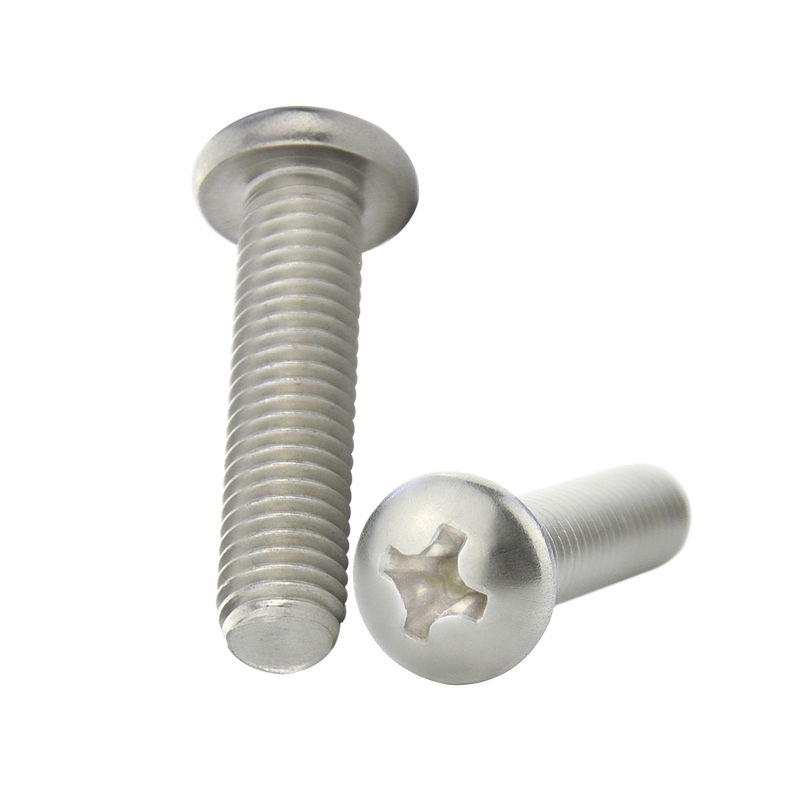- Time:2024/01/23 Posted:Dongguan prospect hardware accessories co.,ltd
Understanding and Selecting the Ideal Standard Fasteners

When it comes to fastening components together in your project, it is crucial to choose the right standard fasteners. Whether you are working on construction, automotive, or any other industry, the selection of fasteners can greatly impact the overall performance and durability of your project. In this article, we will explore the concept of threaded excellence and guide you on how to choose the perfect standard fasteners for your specific requirements.
1. Considering Material Strength and Compatibility
The first factor to consider is the strength and compatibility of the fastener material with the materials being fastened. Different materials exhibit various properties such as tensile strength, corrosion resistance, and hardness. It is essential to choose fasteners that match the strength and properties of the materials they will be joining. For instance, for projects involving steel components, using stainless steel or alloy steel fasteners is recommended to prevent galvanic corrosion.
2. Assessing Thread Type and Size
The thread type and size of a fastener play a vital role in its proper functioning. Common thread types include coarse, fine, and metric threads. It is important to determine the specific thread type required for your project, considering factors such as load-bearing capacity and thread engagement. Thread size, such as diameter and pitch, should also be carefully assessed, as it influences the overall strength and compatibility with the mating component.
3. Understanding Head Types and Drives
Fasteners come in a variety of head types and drives, each serving different purposes. Some common head types include hexagonal, flat countersunk, and pan heads, while drive types can be Phillips, slotted, or hexagonal. Choosing the appropriate head type and drive ensures ease of installation, accessibility, and security in fastening. For example, a hexagonal head provides better grip for tightening, whereas a flat countersunk head provides a flush finish.
4. Evaluating Corrosion Resistance
Corrosion can significantly undermine the integrity and longevity of fasteners, compromising the overall stability of your project. Therefore, selecting fasteners with adequate corrosion resistance is crucial, especially for applications in outdoor or corrosive environments. Materials such as stainless steel, aluminum, and brass are known for their corrosion resistance properties, making them optimal choices for such scenarios.
5. Considering Load-Bearing Capacity
The load-bearing capacity of a fastener determines its ability to withstand applied forces without failure. It is important to consider the anticipated loads in your project and select fasteners that can handle the required load. Factors such as material strength, thread engagement, and thread pitch play a role in determining the load-bearing capacity. Consulting industry standards and guidelines can provide valuable insights into selecting fasteners with the appropriate load ratings for your specific project.
By carefully considering and assessing these factors, you can ensure the threaded excellence in your project. Remember, each project is unique and demands specific requirements, so it is crucial to analyze the application thoroughly before making a final decision. Choosing the right standard fasteners not only ensures the structural integrity of your project but also contributes to its overall quality and performance.
So, before embarking on your next project, take the time to understand the threaded excellence and make an informed choice for the ideal standard fasteners. Your project's success depends on it!
